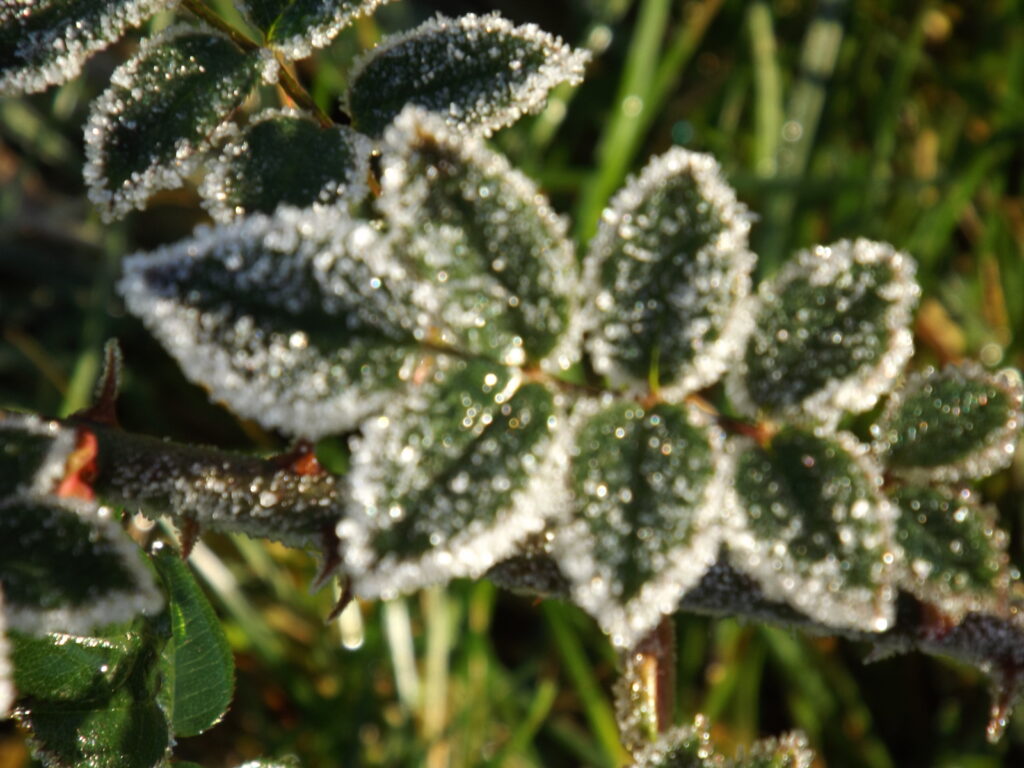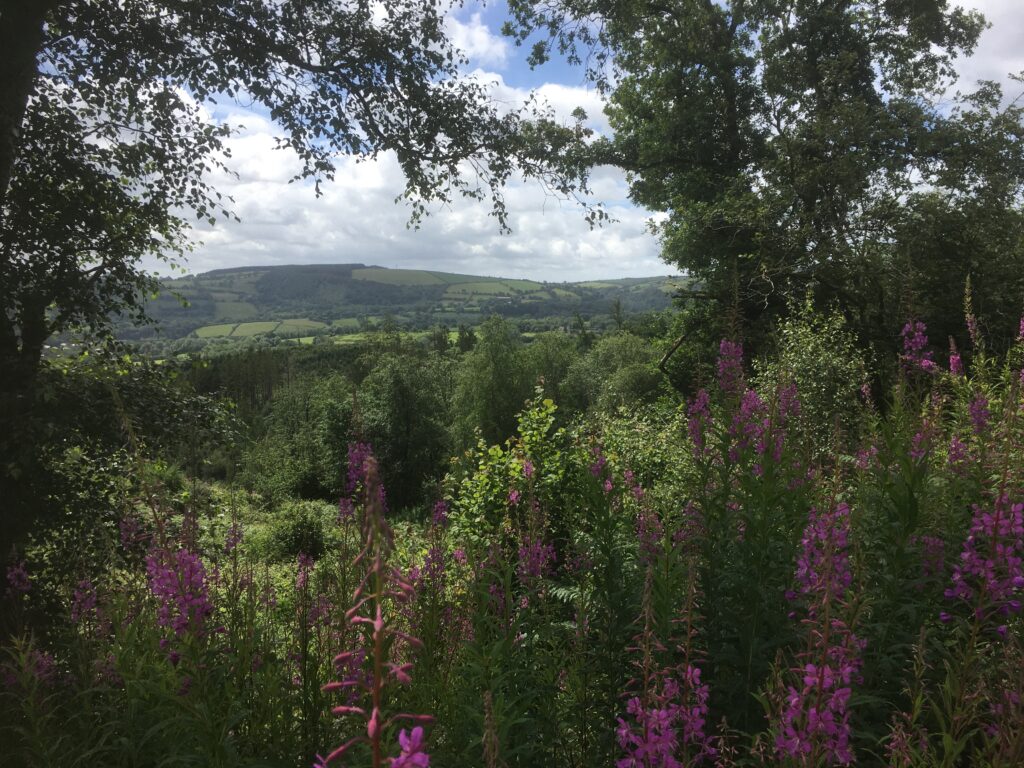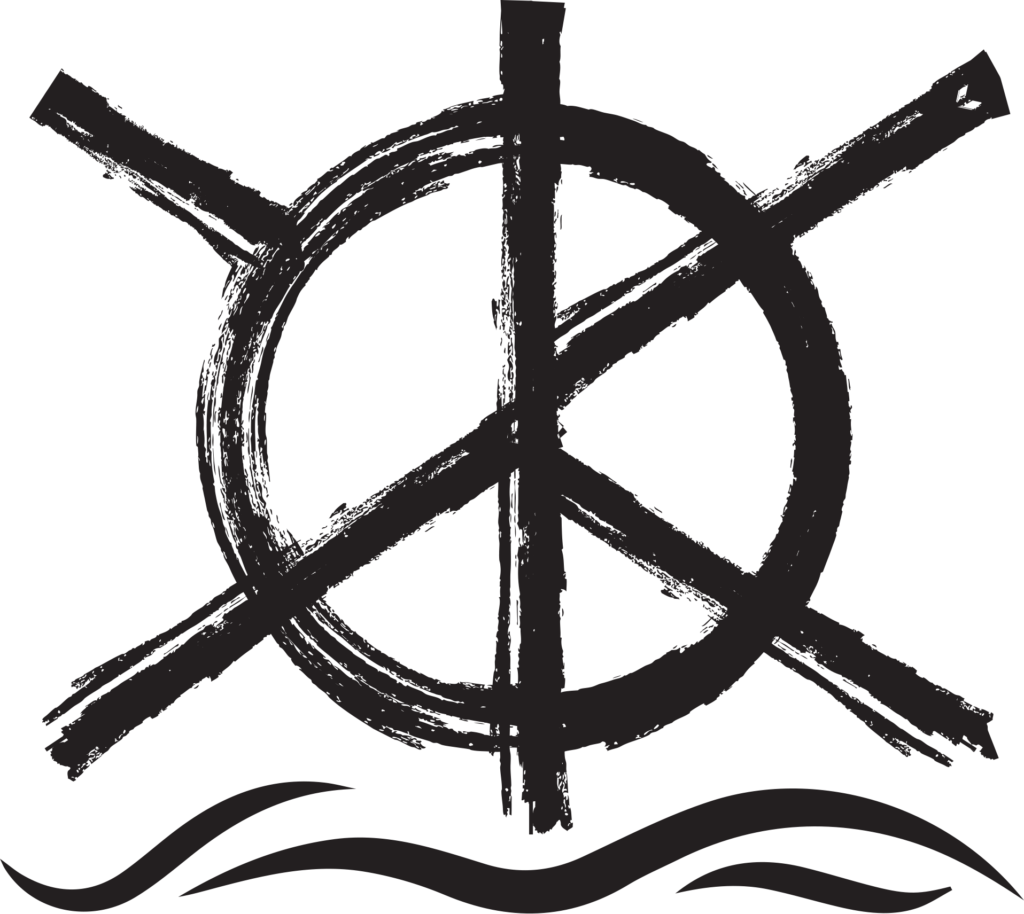I’m Gillian Paschkes-Bell. I started Bryn Glas Books to publish three novels I’d edited: The Seaborne and The Priest’s Wife by A G Rivett and Vu by Kenneth Sinclair. These books had been with Wordcatcher, a Cardiff-based publisher that ceased trading in 2022. I started my own small indie business to make sure these books got into print. I also write the Bryn Glas Blog.
Story-telling is something we all do. Even those of us who donʼt read stories, tell them – at least to ourselves. And we hear them told. For we all have our own stories: of where we have come from, what has made us into who we are, and our view of the world from our own particular vantage point. The stories we tell interweave with those of other people, sometimes clashing, sometimes making a thing of beauty.
A question I learned to ask of my own stories is this: do they serve me well? Or do they hold me back? Or send me off in some unhelpful direction?
This website is dedicated to stories that have served people well. Through the Bryn Glas Blog I offer thoughts that arise through reading, hearing and watching stories. The books published by Pantolwen Press offer tales I hope will feed both heart and mind.
I hope you’ll enjoy reading them.




